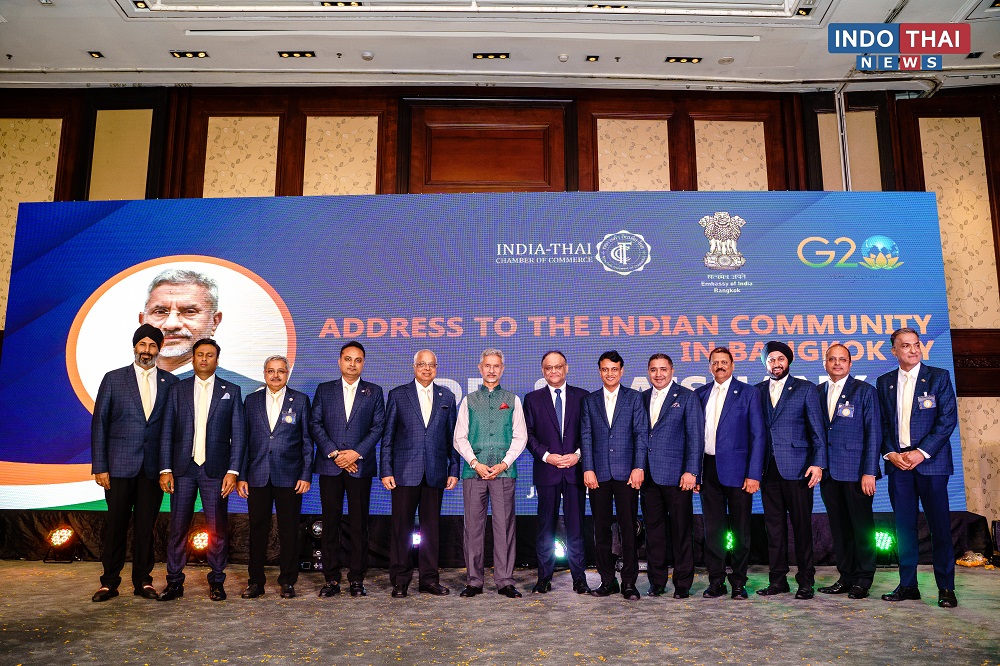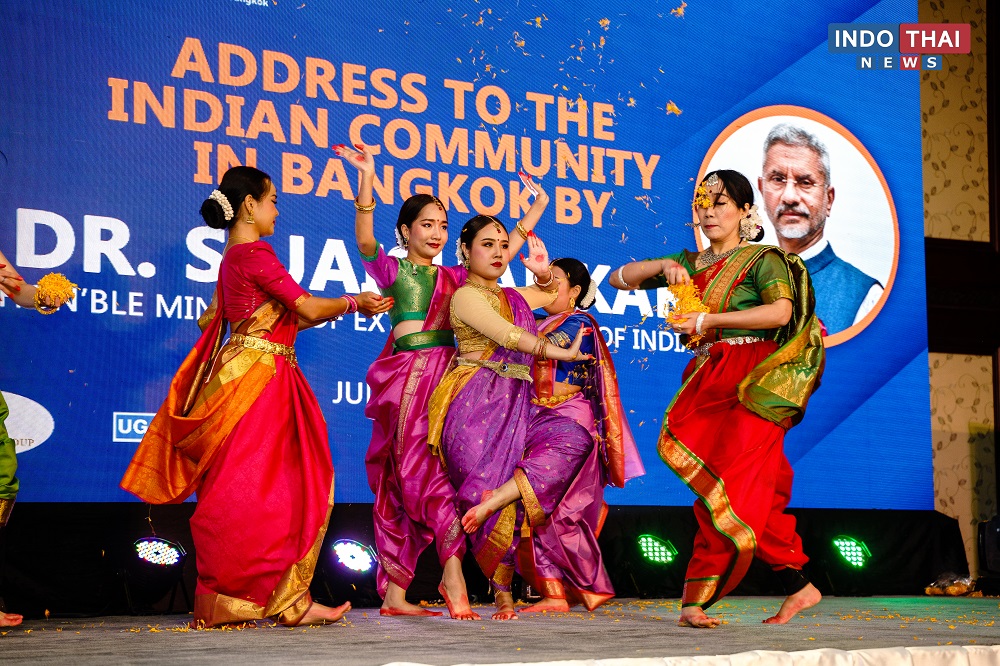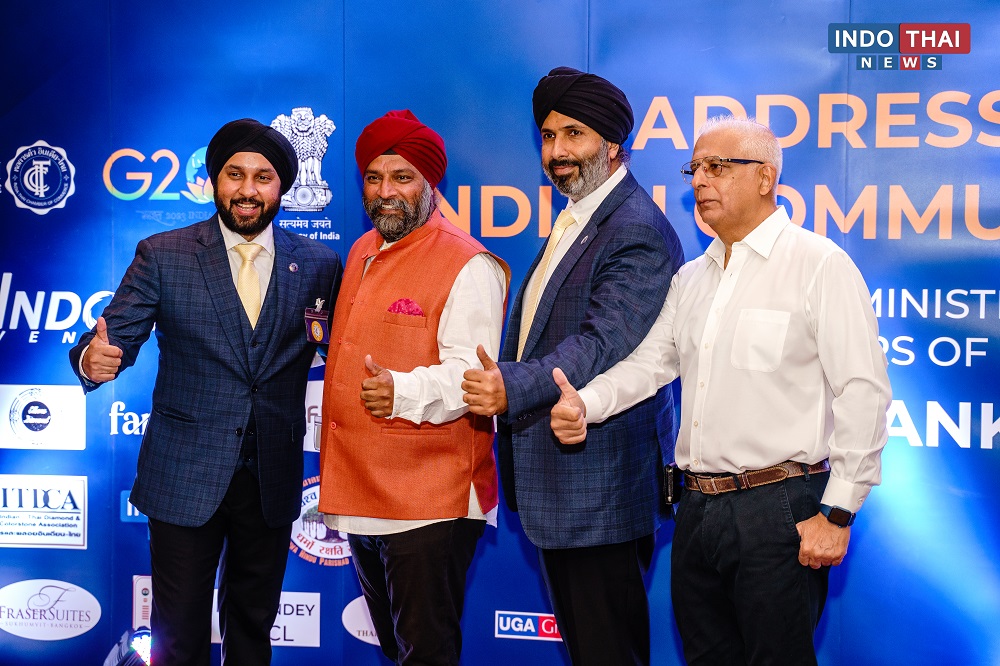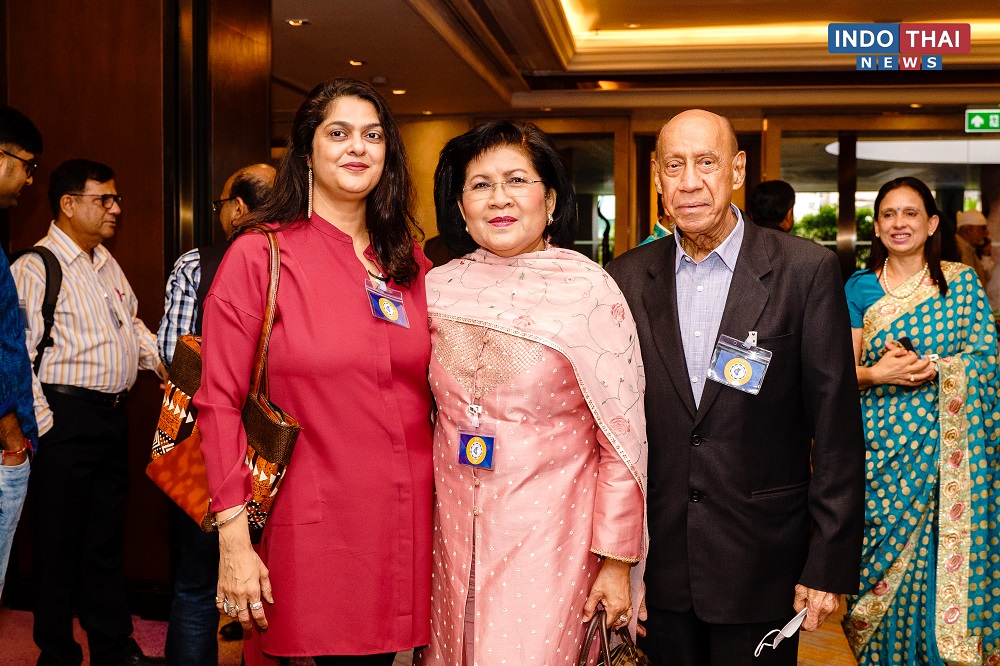India and Thailand share a historically and culturally significant relationship. Over the years, both countries have fostered strong bilateral ties based on mutual respect, cooperation, and shared values. The Indian community in Thailand has played a crucial role in bridging the gap between the two nations and promoting deeper connections.
India’s “Look East” policy and Thailand’s “Look West” policy have complemented each other, serving as catalysts for increased engagement and collaboration. The “Act East” policy initiated by Prime Minister Narendra Modi has further reinforced the bond between India and Southeast Asian nations, including Thailand. This policy aims to enhance India’s strategic, economic, and cultural ties with the region, fostering mutual growth and development.

Initiatives such as the Bay of Bengal Initiative for Multi-Sectoral Technical and Economic Cooperation (BIMSTEC) and the Mekong-Ganga Cooperation (MGC) have promoted regional cooperation among countries in South Asia and Southeast Asia, including India and Thailand. These platforms provide avenues for collaboration in various sectors, including trade, investment, tourism, and cultural exchanges.
Trade and economic connections between India and Thailand have been on the rise. Both countries have witnessed significant growth in bilateral trade, with a focus on sectors such as automobiles, chemicals, textiles, and IT services. Efforts to enhance connectivity, including the development of infrastructure projects like the road project through Myanmar, are viewed as game-changers, facilitating smoother trade and people-to-people exchanges.

In addition to economic cooperation, India and Thailand have also been expanding their security and defense cooperation. Both countries recognize the importance of maintaining regional stability and countering common security challenges. Collaborative efforts in areas such as maritime security, counterterrorism, and defense industry cooperation have been instrumental in strengthening bilateral ties.
The Indian community in Thailand has been a valuable asset in fostering strong ties between the two nations. They have actively contributed to the socio-economic fabric of Thailand, making significant contributions in various fields such as business, education, healthcare, and arts. During times of challenges, such as natural disasters or crises, the Indian community has extended support to Thailand, further deepening the bond between the two countries.

Cultural connections between India and Thailand have flourished as well. The rich cultural heritage of both nations has led to a vibrant exchange of traditions, arts, and festivals. Festivals like Diwali, Holi, and Songkran are celebrated with great enthusiasm by both the Indian community and the local Thai population, promoting cultural understanding and harmony.

Amrit Kaal, meaning “Era of Nectar,” symbolizes India’s rapid progress in various spheres, including economic growth, technological advancements, and social development. This progress serves as a testament to India’s potential and the positive impact it can have on its bilateral relationships, including the one with Thailand. Dr. S. Jaishankar have touched upon these key aspects to emphasize the significance of the India-Thailand relationship and the role played by the Indian community in nurturing and strengthening ties between the two nations.



